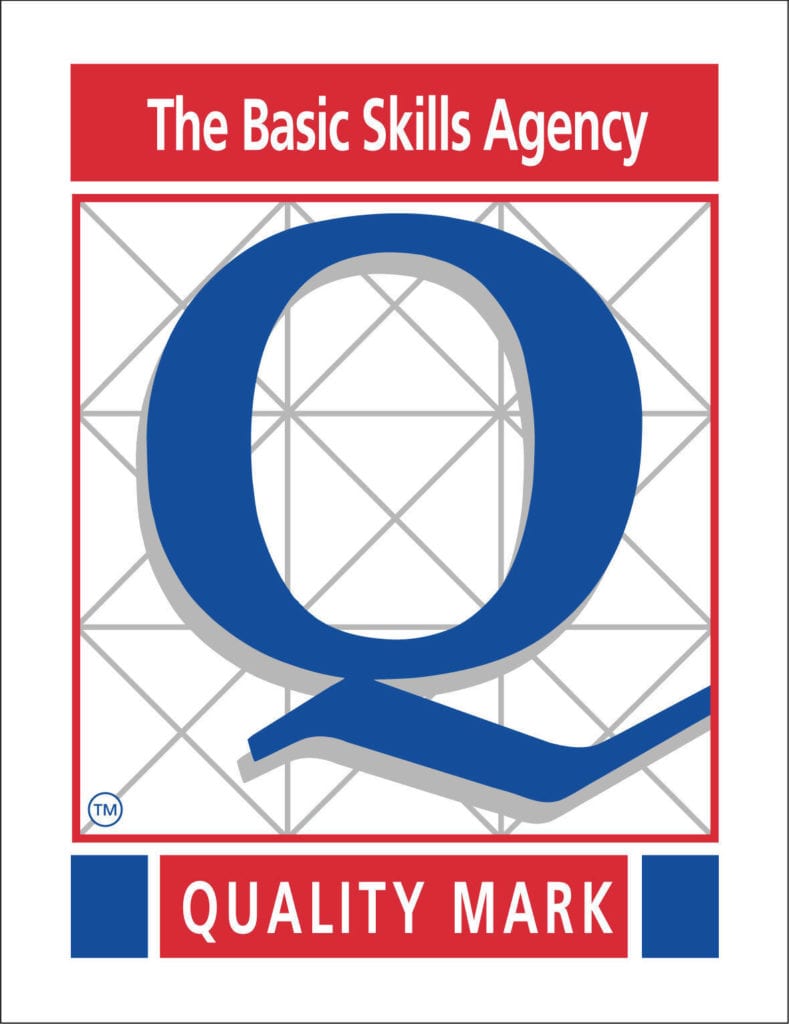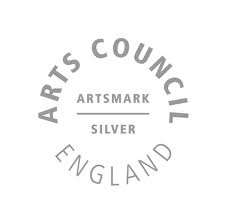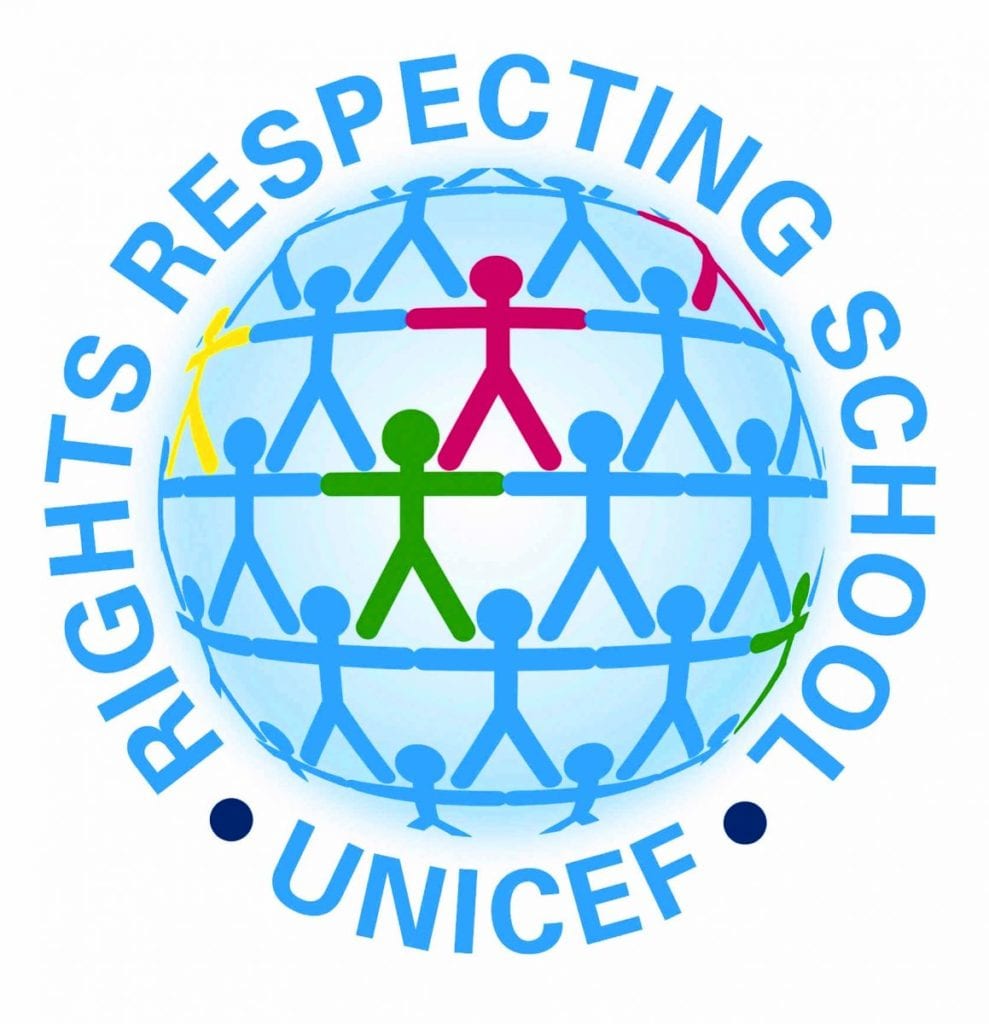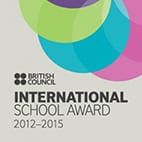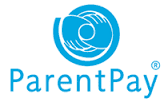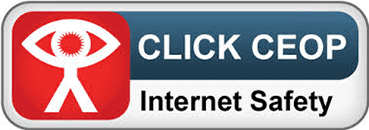Intent
At Consett Infant School, we aim to provide a PE curriculum that pupils from Reception to Year 2 not only enjoy but also allows them to experience a range of activities that help them to develop their health, fitness and wellbeing. We intend to offer a high-quality physical education curriculum that inspires all pupils to succeed and excel in competitive sport and other physically demanding activities. It provides opportunities for pupils to become physically confident in a way which supports their health and fitness. P.E provides opportunities for children to develop resilience, to evaluate their work and that of others. Opportunities to compete in sport and other activities build character and help to embed values such as fairness and respect.
The national curriculum for PE aims to ensure that all pupils:
- develop competence to excel in a broad range of physical activities
- are physically active for sustained periods of time
- engage in competitive sports and activities
- lead healthy, active lives
Implementation
Children are taught regularly by both teaching staff and a sports instructor from Reception to Year 2. As an Active School, we aim to ensure that the children participate in active lessons outside of their regular PE lessons. This involves incorporating moments within lessons whereby the children can be active. We follow the guidelines set by the national curriculum to ensure we offer a range of PE activities that allow each child to feel challenged and offer opportunities to progress further.
EYFS
As part of the EYFS statutory framework pupils are taught:
Physical development – involves providing opportunities for young children to be active and interactive; and to develop their co-ordination, control, and movement. Children must also be helped to understand the importance of physical activity, and to make healthy choices in relation to food.
Moving and handling: children show good control and co-ordination in large and small movements. They move confidently in a range of ways, safely negotiating space. They handle equipment and tools effectively.
Health and self-care: children know the importance for good health of physical exercise, and a healthy diet, and talk about ways to keep healthy and safe.
Key stage 1
Pupils develop fundamental movement skills, become increasingly competent and confident and access a broad range of opportunities to extend their agility, balance and coordination, individually and with others. They are able to engage in competitive (both against self and against others) and co-operative physical activities, in a range of increasingly challenging situations. Pupils are taught to:
- master basic movements including running, jumping, throwing and catching, as well as developing balance, agility and co-ordination, and begin to apply these in a range of activities
- participate in team games, developing simple tactics for attacking and defending
- perform dances using simple movement patterns.
EYFS
As part of the EYFS statutory framework pupils are taught:
Physical development – involves providing opportunities for young children to be active and interactive; and to develop their co-ordination, control, and movement. Children must also be helped to understand the importance of physical activity, and to make healthy choices in relation to food.
Moving and handling: children show good control and co-ordination in large and small movements. They move confidently in a range of ways, safely negotiating space. They handle equipment and tools effectively.
Health and self-care: children know the importance for good health of physical exercise, and a healthy diet, and talk about ways to keep healthy and safe
Key stage 1
Pupils develop fundamental movement skills, become increasingly competent and confident and access a broad range of opportunities to extend their agility, balance and coordination, individually and with others. They are able to engage in competitive (both against self and against others) and co-operative physical activities, in a range of increasingly challenging situations. Pupils are taught to:
- master basic movements including running, jumping, throwing and catching, as well as developing balance, agility and co-ordination, and begin to apply these in a range of activities
- participate in team games, developing simple tactics for attacking and defending
- perform dances using simple movement patterns.
Impact
By the end of EYFS and key stage 1, pupils are expected to know, apply and understand the matters, skills and processes specified in the relevant programme of study. At Consett Infant School we use summative assessment to determine children’s understanding and inform teachers planning.
Please see attached the Progression Maps for PE.


